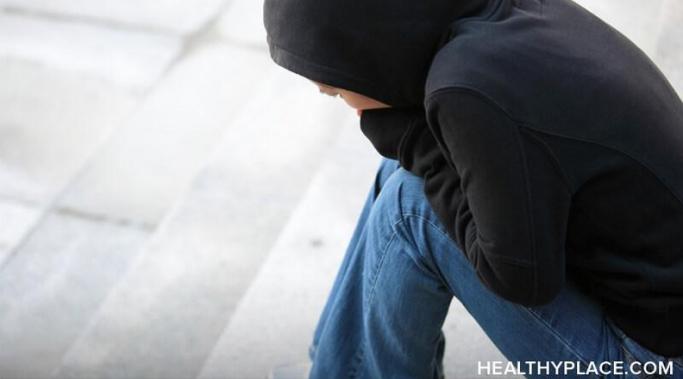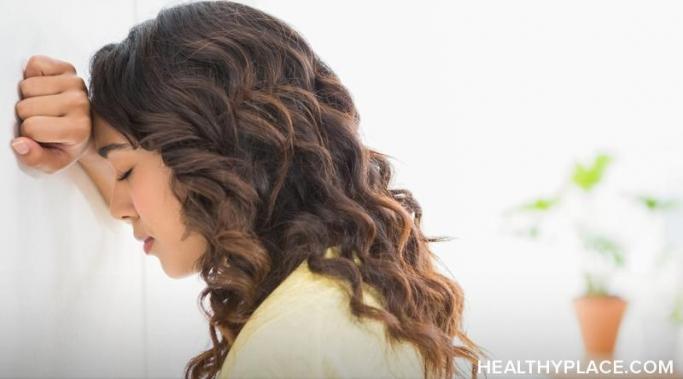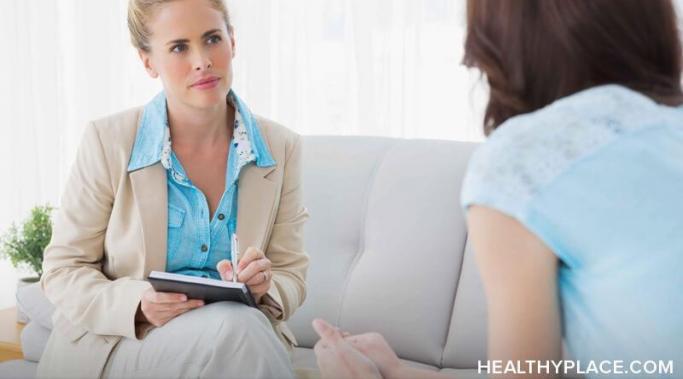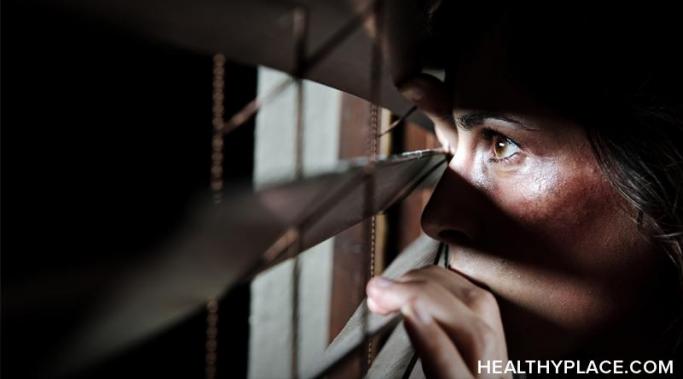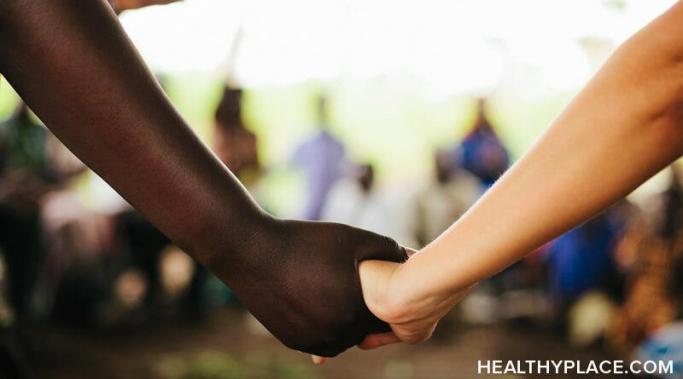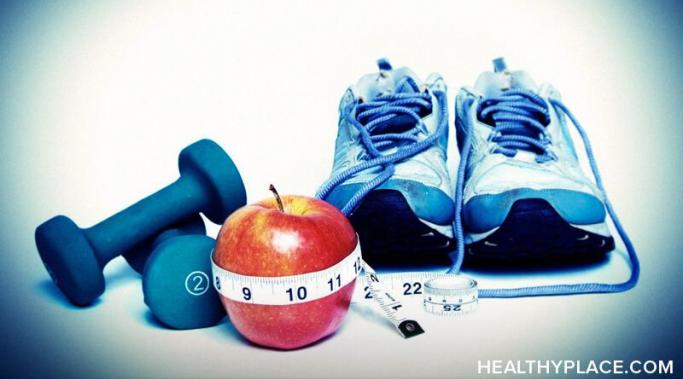Blogs
I've survived a catastrophe, and I've learned to cope with the anxiety from it. You see, a few weeks ago, a major fire started in my apartment. In the aftermath, I lost my place to live, lost almost all my possessions due to smoke damage, and came uncomfortably close to losing my life from smoke inhalation.
Posttraumatic stress disorder (PTSD) can get worse before it gets better when you start therapy. Find out why that's normal and how to handle it.
Many forms of self-care are absolutely essential for any healthy, functioning person, but, oftentimes, we see the same recommendations online over and over, like getting a manicure or snuggling with a weighted blanket. But what if these self-care activities aren't right for you? There are different forms of self-care that you might enjoy.
Building a habit of self-care can build self-esteem. Practicing self-care regularly will lead us to accept the belief that we are worthy of loving and taking care of ourselves as best as we possibly can. Taking good care of ourselves allows us to be our best, and feeling your best will improve your self-esteem.
Over the past few weeks, there has been a lot of media coverage about the suicide of television and radio presenter Caroline Flack. I didn’t know Caroline beyond seeing her on TV, but hearing about her death affected me deeply for some reason. I had a panicked sleepless night, and couldn’t shake the feeling of tearfulness that started as soon as I’d been told about the suicide. (Note: This post contains a trigger warning.)
People judge how I cope with bipolar. Judging people is an Internet thing and it's a human thing. People just seem to feel free to tell me that how I live my life and how I deal with my bipolar disorder is wrong. I get it, I put myself out there, so that's what happens. Unfortunately, I suspect it happens to a lot of people with bipolar disorder. People just want to judge our bipolar coping skills.
I'm learning to stay calm when news coverage makes me anxious. Over the past few weeks, I've been following the news about coronavirus somewhat regularly, so that I'm up to date on what's going on. There are some pros and cons to doing this, and while it seems practical to stay well-informed, it can also be stressful. While I do think it's important to be knowledgeable about events like this, there is a limit to how helpful that knowledge is.
As Black History Month comes to a close, I thought, what better time than now to shed some light on black mental health conditions--an issue I find all too common in the black community. Now I can't speak for all black people in the world, but I can speak from my own experience and the experiences others have openly shared with me regarding black mental health.
There are some of us with depression who have experienced trauma during our lives. This trauma may have occurred prior to or after our diagnosis of depression. For those who have been through traumatic experiences, these events can have a profound effect on their depression. Armed with this knowledge, what can those of us with depression -- and those close to people with depression -- do with this information? (Note: This post contains a trigger warning.)
Exercise really helps my schizoaffective disorder, particularly my anxiety. In the past, I've found it hard to exercise in the brutal Chicago winter weather. I’ve now found a way to exercise without even leaving my apartment building that I’d like to share with you.
